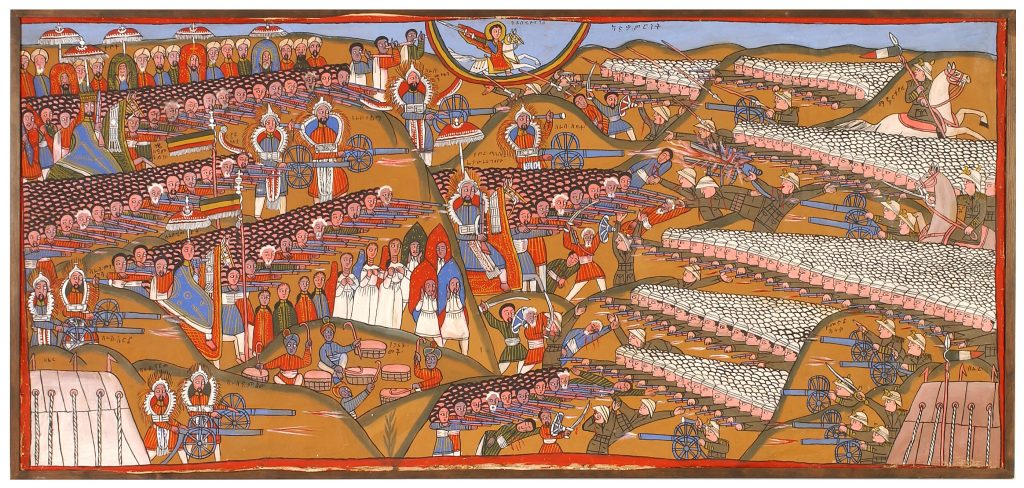Joined the team
Indigenous Peoples in museum catalogs
The terminology used to designate Indigenous Peoples in museum catalogs must reflect the principle of self-determination, as set out in the United Nations Declaration on the Rights of Indigenous Peoples. In contrast to the names imposed by the colonists, ethnonyms chosen by First Peoples should be used in metadatas. For example, instead of “Eskimo”, Inuit should be used or “Iroquois”, Haudenosaunee. And this is the case for a lot of ethnic groups. With this challenge, we would like to improve this by linking the ethnic groups with other sources (especially wikidata / wikipedia).
With the participation of Docip, the Indigenous peoples’ centre for documentation, research and information, the aim of this challenge is to familiarize participants with the tools available online. For example, by linking the museum catalog with wikidata, the name of the ethnic group coming from wikidata could be used. That would allow the Indigenous Peoples to define themselves what name should appear in museum online catalogs.
Sources
- Metadata of Musée d'Ethnographie de Genève (MEG) collections
- List of Ethnic groups used in MEG Metadata
- Ethnic groups of Africa on french Wikipedia
- Indigeneous World 2023 Publication
- Ethnic groups in wikidata
- Ethnographic names in GND
- Ethnologue Database (non-open)
- Statements made by Indigenous Peoples that refer to their People name using the correct denomination
Challenges
- No single source of Truth for Ethnic groups
- In the museum catalogs, Ethnic groups are defined in very multiple ways (different languages, different names, ...)
- Ethnic groups are not often clearly defined (parent group, subgroup, ...)
Example
For example, this object
https://www.ville-ge.ch/meg/sql/musinfo_public.php?id=050907

mentions the Iroquois ethnic group. But they prefer to be referred as Haudenosaunee. Maybe wikidata could help https://www.wikidata.org/wiki/Q68518 for this process ?
As another example : this object https://www.ville-ge.ch/meg/sql/musinfo_public.php?id=034815

mentions three ethnic groups : Amhara, Oromo, Tigréens. They could be linked to wikidata
- Amhara https://www.wikidata.org/wiki/Q464237
- Oromo https://www.wikidata.org/wiki/Q318674
- Tigréens https://www.wikidata.org/wiki/Q427036
By linking museums "ethnic group" entries with wikidata, it could give an opportunity for indigeneous people to define in wikidata the label they would like.
Possible steps
- check what would be good sources for ethnic groups (wikidata, others...)
- compare the content of MEG Metadata with this external sources
- check if it possible to link both sources
- suggest improvements for MEG Metadata
Event finish
Start
Joined the team
Joined the team
Joined the team
Challenge shared
Tap here to review.
Extract title cartouches from 17th century atlas map
GLAMhack 2023
Linked data approach for the description of heritage collections

